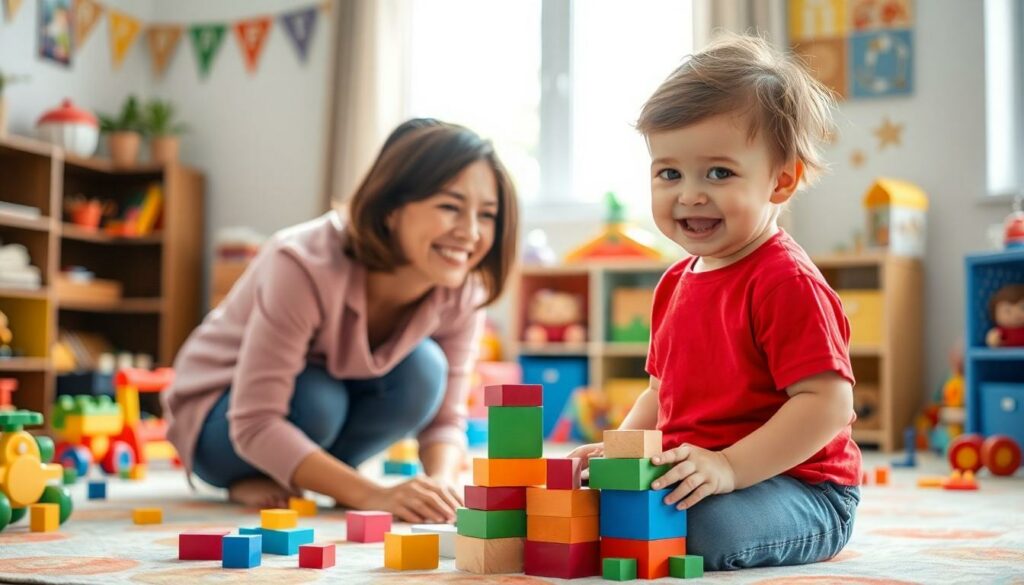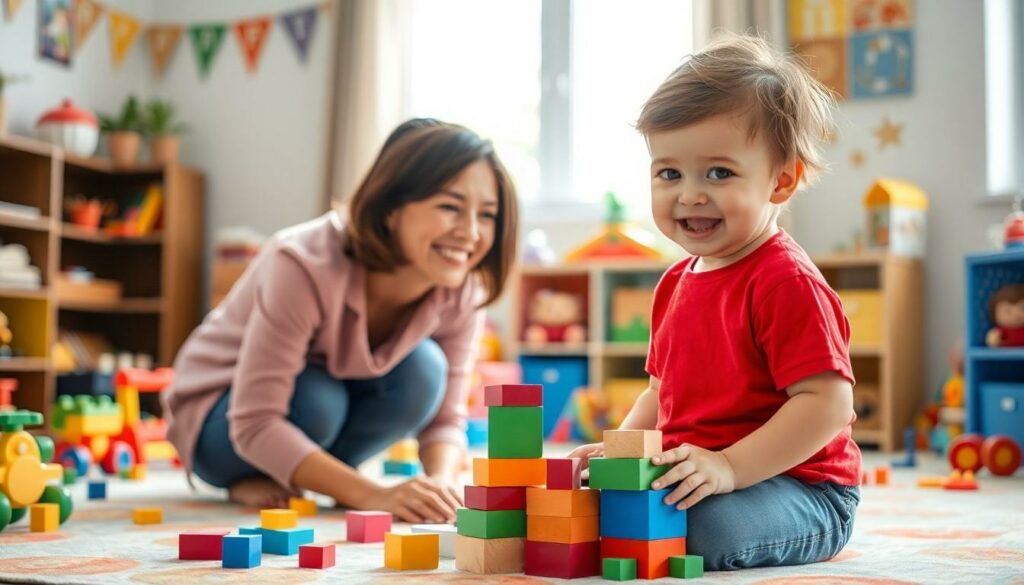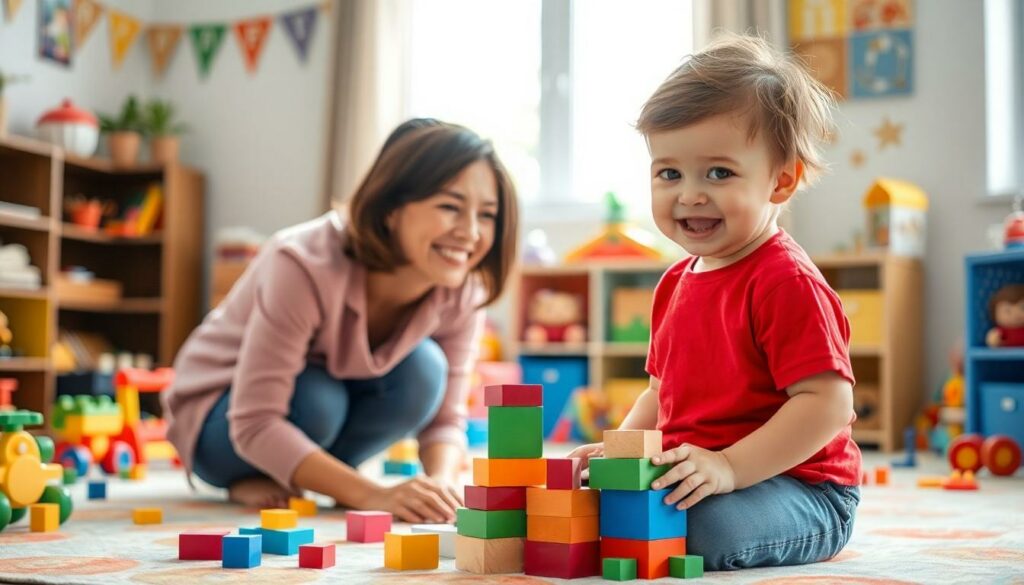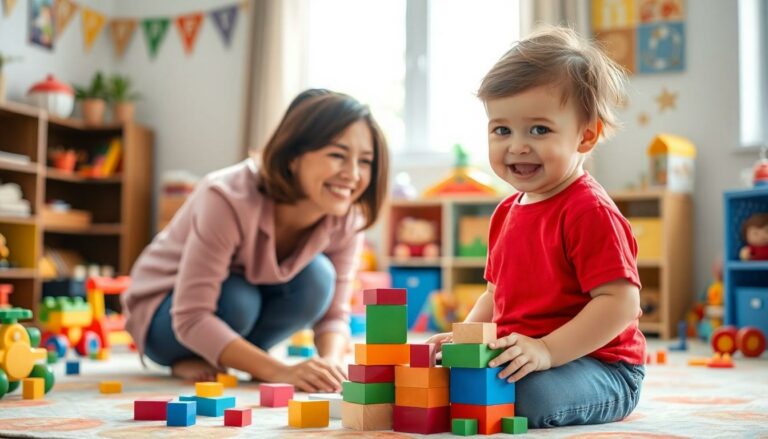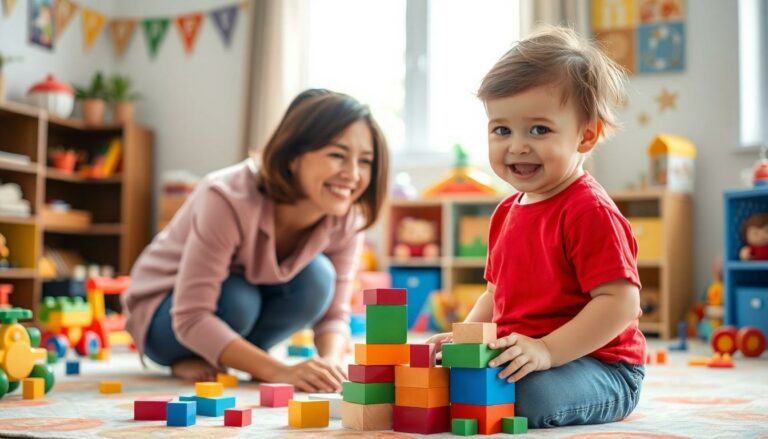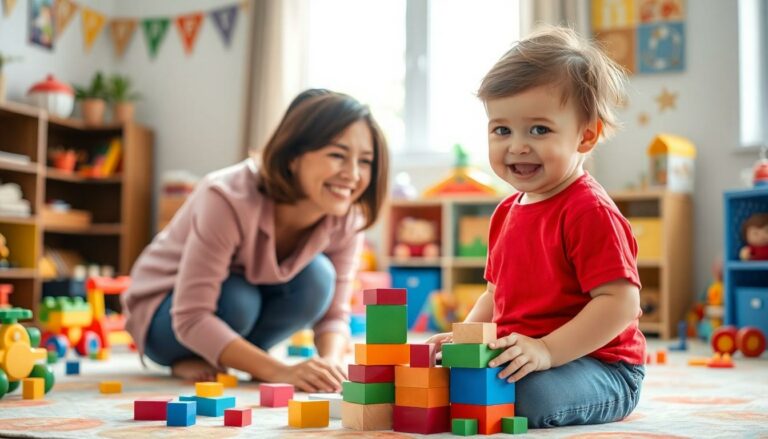Table of Contents
TogglePositive parenting isn’t just a buzzword; it’s a game-changer in the world of child development. Imagine a child who feels secure, confident, and ready to tackle life’s challenges with a smile. That’s the magic of positive parenting! It’s like giving your child a superhero cape made of love and support, empowering them to soar to new heights.
Understanding Positive Parenting
Positive parenting plays a crucial role in shaping a child’s emotional and social development. This approach emphasizes nurturing relationships and effective communication, which fosters a supportive home environment.
Definition of Positive Parenting
Positive parenting refers to a style of raising children that focuses on encouragement, empathy, and guidance instead of punishment. It prioritizes building strong connections between parents and children. Research indicates this method enhances children’s self-esteem and promotes emotional resilience, enabling them to navigate challenges with confidence.
Key Principles of Positive Parenting
Positive parenting integrates several essential principles. Consistent communication strengthens the parent-child bond. Active listening fosters trust and mutual respect. Setting clear boundaries ensures children understand expectations while allowing them to express their feelings. Encouraging independence nurtures decision-making skills and problem-solving abilities. Finally, modeling positive behavior teaches children essential life skills. Each principle contributes to holistic child development.
Emotional Impact on Children
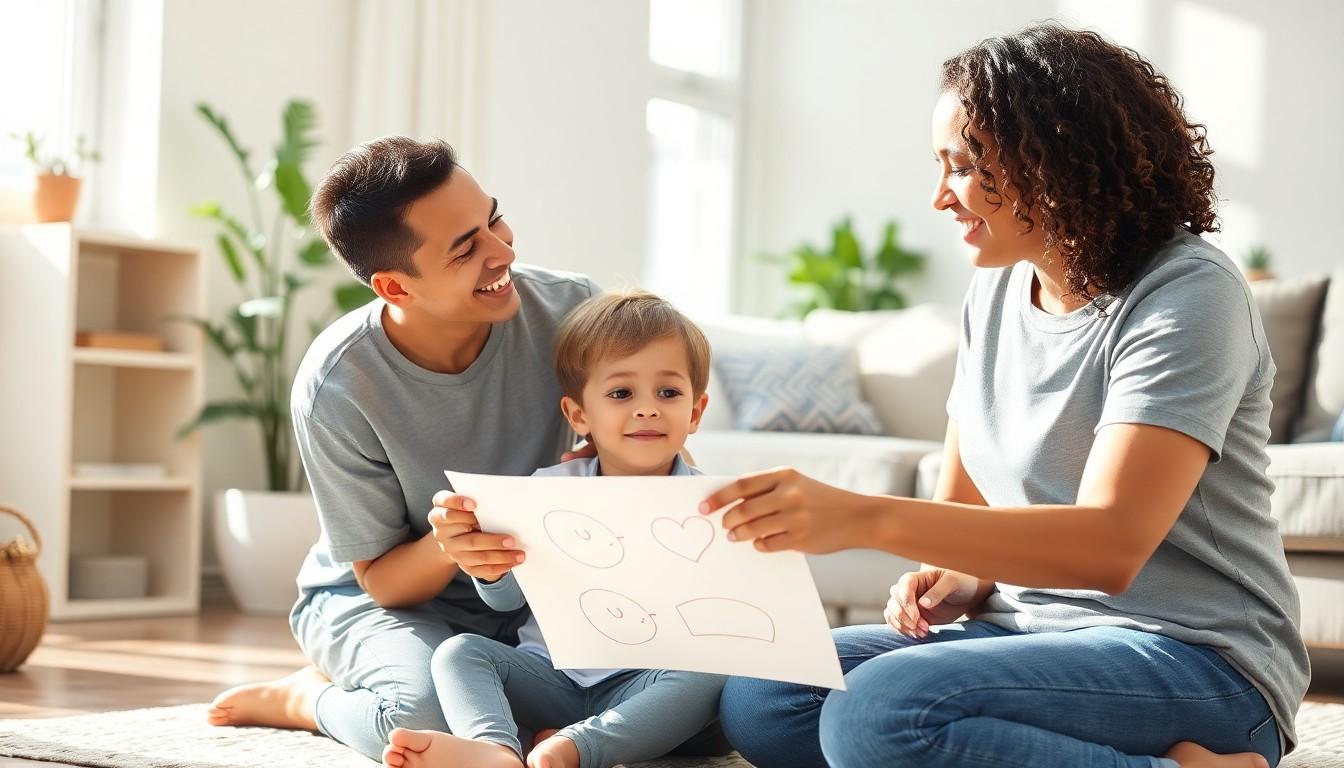

Positive parenting significantly influences a child’s emotional development. This approach nurtures a supportive environment where children feel valued and secure.
Boosting Self-Esteem
Self-esteem in children thrives under positive parenting. This parenting style consistently reinforces a child’s worth, fostering a sense of achievement. Parents provide praise for effort rather than just outcomes, helping children understand that mistakes are opportunities for growth. Clear and constructive feedback contributes to a child’s belief in their capabilities. Self-assured children often approach challenges with confidence and persistence, enabling them to tackle life’s obstacles effectively.
Enhancing Emotional Resilience
Emotional resilience develops through positive parenting practices. When parents model healthy emotional expression, children learn to navigate their feelings constructively. This modeling encourages children to articulate their emotions and cope with stress. Supportive interactions build a strong foundation for managing adversity and uncertainty. As a result, children become better equipped to handle setbacks, leading to improved problem-solving skills and adaptability in various situations.
Social Skills Development
Positive parenting significantly influences social skills development in children. This approach emphasizes guidance and empathy, enabling children to form meaningful connections with their peers.
Building Healthy Relationships
Building healthy relationships starts early in a child’s life. Parents who practice positive parenting actively model respectful interactions. Children observe these behaviors, learning the importance of trust and cooperation. Healthy relationships prepare them for future friendships and collaborations. By experiencing warmth and support at home, children feel secure. Security fosters openness, making it easier for them to relate to others and express their feelings.
Encouraging Effective Communication
Encouraging effective communication involves creating an environment where children feel comfortable expressing themselves. Parents practicing positive parenting prioritize active listening and validation of their child’s thoughts. This communication style helps children articulate their emotions clearly, enhancing their ability to engage in conversations. Effective communication skills become invaluable in social settings, enabling children to navigate various interpersonal relationships. Additionally, frequent discussions about feelings and experiences promote emotional literacy, which is crucial for conflict resolution and building rapport with peers.
Academic Performance
Positive parenting substantially influences a child’s academic success. Research supports the idea that a nurturing environment promotes eagerness to learn and excel in school.
Motivation to Learn
Positive parenting cultivates intrinsic motivation in children. Parents who emphasize effort over results encourage children to embrace challenges. Communicating the joy of learning makes education appealing. Children foster a love for exploration and inquiry through positive reinforcement. They develop a resilient attitude toward schoolwork, often seeing it as a path to personal growth.
Improved Concentration and Focus
Positive parenting enhances a child’s ability to concentrate and maintain focus. Parents who create structured environments help children understand expectations and responsibilities. Through consistent routines, children learn to prioritize tasks effectively. This clear guidance contributes to improved attention spans during homework and class activities. Results indicate that children raised in supportive settings perform better academically, demonstrating stronger focus and engagement.
Long-Term Effects
Positive parenting leaves a lasting imprint on children’s lives, shaping their emotional and social well-being as they grow. These effects extend far beyond childhood, influencing various aspects of life.
Lifelong Benefits of Positive Parenting
Children raised with positive parenting often develop a strong sense of self-worth. They view challenges as opportunities rather than obstacles. Emotional resilience is cultivated, equipping them to handle stress effectively. Relationships thrive, as these children typically possess strong social skills. Moreover, they tend to excel academically, exhibiting a love for learning that fuels lifelong curiosity. Development of these traits can lead to healthier adult relationships and greater career satisfaction.
Impact on Future Parenting Styles
Positive parenting influences how children approach their own parenting. Individuals exposed to this nurturing style often emulate its principles in their future families. Consistent communication and empathy become primary focuses in their parenting approach. By prioritizing the same supportive environment, they reinforce the lessons learned. Generational cycles of positive parenting often emerge, fostering a healthy emotional dynamic within families. Consequently, future generations benefit from a legacy of strong relationships and effective parenting practices.
The effects of positive parenting on a child are profound and far-reaching. By fostering a nurturing environment filled with love and support, parents empower their children to develop essential life skills. These children grow up with a strong sense of self-worth and emotional resilience, enabling them to tackle challenges head-on.
Moreover, the strong connections formed through positive parenting enhance social skills and academic performance. As these children learn to communicate effectively and build meaningful relationships, they lay the foundation for a successful future. The legacy of positive parenting not only shapes individual lives but also influences generations to come, creating a cycle of encouragement and empathy that benefits families as a whole.


